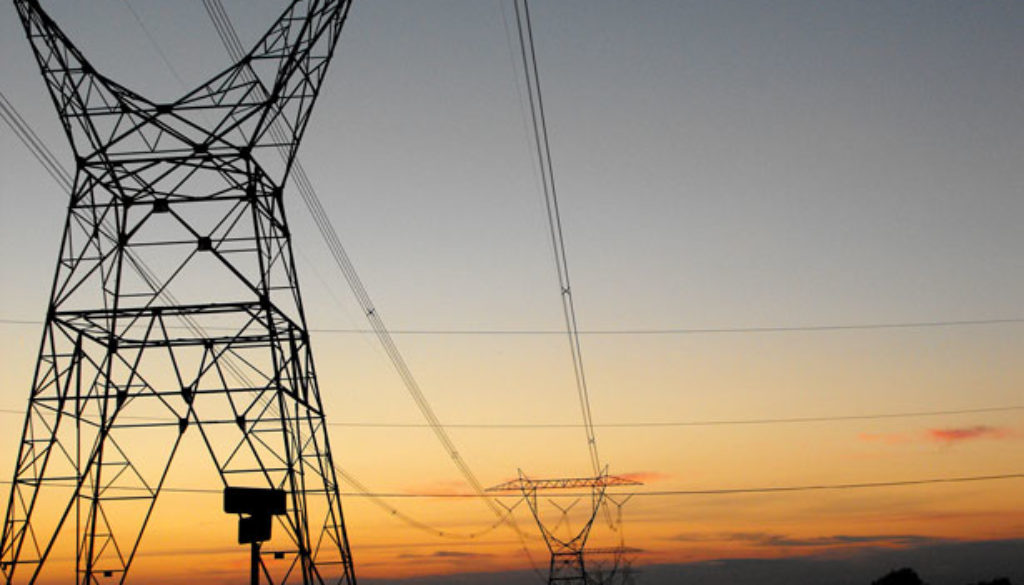“Wasted Energy:” DOE’s Illegal Inaction on Energy Efficiency
By Kit Kennedy, Natural Resources Defense Council
In the search for powerful climate change action that can win support from both parties in Congress, it’s hard to beat energy efficiency standards. Long-established federal efficiency baselines for appliances and equipment have saved consumers and businesses nearly $2 trillion on utility bills over the past three decades while creating jobs in every state.
That’s why it’s unconscionable that the Trump administration has allowed these energy efficiency standards to languish, a failure highlighted in Congressional hearings today. Along with other consumer and environmental advocates, I am honored to be testifying today before lawmakers on the House Energy subcommittee. This committee oversees the critically important efficiency standards program, and I will be urging an end to the U.S Department of Energy (DOE)’s irresponsible delays and rollbacks.
DOE’s Appliance and Equipment Standards are the reason your refrigerator, clothes washer, and other major appliances use far less energy today than they did back in 1987, when the program was created under a Republican president, a Republican Senate, and a Democratic House. Developed in concert with manufacturers, the standards will help the U.S. avoid 7 billion tons of carbon pollution by 2030.
Yet the current administration has brought this program to a grinding halt and is attempting to throw it into reverse. In the past two years, DOE has not issued one new or updated energy efficiency standard — or even released any for consideration. Instead, the agency is pursuing unnecessary changes that will undermine the program and threaten its impact.
Worse yet, DOE is attempting to illegally roll back previous standards—for example, by attempting to weaken lighting standards signed into law by President George W. Bush and creating loopholes in the definitions of the types of included bulbs.
As NRDC explained in our recent report, America’s Clean Energy Frontier: The Path to a Safer Climate Future, the U.S. needs profound increases in the efficiency of the nation’s buildings, appliances, products, and lighting in order to stave off the worst effects of climate change. We don’t have time to spare: Already, wildfires are becoming more destructive, extreme weather more frequent, and coastal flooding the norm. Federal spending for direct disaster assistance neared $15 billion between 2015 and 2018—more than nine times higher than the first half of the 1980s, according to a recent House Budget Committee report.
Efficiency is our best weapon in this crisis. It lowers carbon emissions and consumer energy bills, strengthens the electricity grid, and avoids other forms of air and water pollution. After all, the cheapest and cleanest kilowatt-hour is the one you don’t have to generate.
And one of the most effective policies to promote efficiency is through minimum energy performance standards for appliances and equipment. Technology-neutral and cost effective, standards reduce energy consumption while encouraging innovation toward better levels of service and comfort.
For DOE, the legal obligations to this program are crystal clear, set out in both the Energy Policy Conservation Act (EPCA) and the National Appliance Energy Conservation Act (NAECA). Federal courts have enforced these obligations when DOE has failed to take required actions on energy efficiency standards on time or has attempted to weaken the program.
As a lawyer, I’ve participated in many landmark cases that have helped shape DOE’s mandatory energy efficiency responsibilities. Two in particular come to mind: NRDC v. Abraham, which holds that DOE cannot weaken an established energy efficiency standard because of the “anti-backsliding” provision that Congress enacted in NAECA; and New York v. Bodman, which resulted in a consent decree requiring DOE to issue 23 overdue appliance program rules by specific deadlines.
Appliances and equipment have relatively long lifetimes. With every inefficient piece of equipment installed today in our homes, businesses, and factories, we essentially guarantee a higher level of global warming. The more we delay, the harder it will be to reverse course.
This subcommittee should be gravely concerned that DOE’s illegal delays and inaction, combined with the agency’s actions to halt or destroy the program entirely, will have consequences stretching far beyond this administration. Fighting climate change without a robust efficiency standards program is like trying to finish a puzzle with missing pieces: It’s harder, it takes longer, and at the end, it’s impossible. That’s not a risk we can afford to take.
DOE must fulfill its statutory obligations to update efficiency standards under the legally required schedule and should act to expand the program’s energy and carbon savings. This would benefit all Americans, our economy, and our environment, protecting our children both now and in the future.

